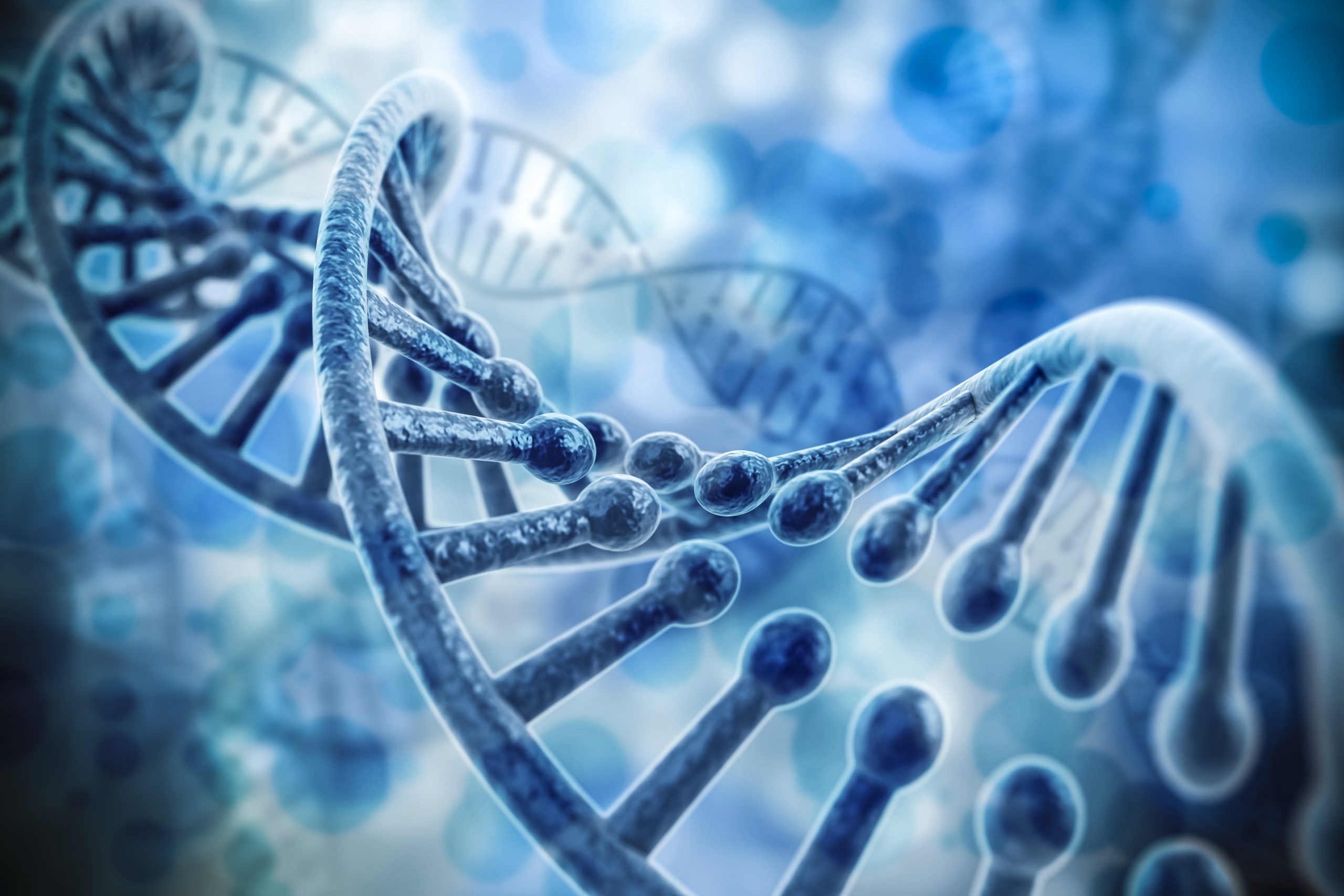Microcalorimetry for the Biophysical Characterization of Macromolecules
Neil Demarse | Morgan Ulrich
February 21, 2022
Biological macromolecules are fundamental components of every cell and are therefore essential for all life.1 These vital molecules are categorized into four major classes: carbohydrates, lipids, proteins, and nucleic acids. Characterizing biological macromolecules is important for understanding their functions and relationships, which empowers the development of new therapies and treatments. Under this branch of macromolecule research, biotherapeutic drug therapy focuses on macromolecular interactions which can lead to disease and/or cell death.
Microcalorimetry, a subcategory of thermal analysis, is a technique for measuring enthalpy and heat capacity changes during reactions.2 Two microcalorimetry techniques, differential scanning calorimetry (DSC) and isothermal titration calorimetry (ITC), are the standard methods for characterizing macromolecules’ intermolecular binding and structural stability. Biophysical characterization by microcalorimetry elucidates the relationship between a biological macromolecule’s structure and function. Thermodynamic binding signatures obtained from these tests not only reveal the strength of a binding event, but also the specific or nonspecific driving forces involved.

Characterizing Molecular Stability with DSC
Differential Scanning Calorimeters characterize the molecular stability of dilute in-solution biomolecules. This analysis is achieved by determining changes in the partial molar heat capacity of the protein at constant pressure (∆Cp). With these measurements, DSC can characterize protein structures as well as specific or nonspecific protein-ligand binding. Structural stability profiles from DSC reveal strengths and weaknesses in higher order structure and define the behavior of individual domains and their interactions.
DSC is becoming an essential and complementary diagnostic tool in identifying and monitoring disease progression. DSC measurements also play a key role in drug discovery, formulation, and R&D testing panels.
Studying Molecular Interactions with ITC
Isothermal titration calorimeters are designed to characterize any molecular interaction by directly measuring the thermodynamic driving forces of a system. All binding events are accompanied by the evolution or absorption of heat (a change in enthalpy, ΔH). In a single ITC experiment a full thermodynamic characterization of the binding reactions can be obtained.
ITC is increasingly being used to quantitatively describe systems from proteins to nanomaterials. Additionally, ITC measurements help characterize the fundamental driving forces of molecular binding reactions. As these reactions absorb or give off heat, ITC quantifies the reaction heat to provide a complete thermodynamic description of the binding interaction, the stoichiometry of binding, and the association constant. ITC analysis can also characterize and monitor enzyme kinetics reaction in real-time.
Leading DSC and ITC Instrumentation
The TA Instruments Nano DSC is designed for ultra-sensitive measurements of heat absorbed or released by dilute in-solution biomolecules as they are heated or cooled. The Nano DSC obtains data using less sample than competitive designs, and its flexible data acquisition interface allows for easy experiment setup with accurate measurements every time. Users have precise control over experimental temperature and pressure, and the DSC’s continuous capillary sample cell enables complete and accurate determinations of transition temperatures (Tm) and enthalpy (ΔH).
TA Instruments’ Affinity ITC and Nano ITC calorimeters perform with the highest sensitivity and unmatched flexibility for the characterization of any molecular interaction. ITC analyses are rapid, precise, nondestructive, compatible with both physiological and synthetic substrates, and are as sensitive as spectroscopic techniques, but do not require a spectroscopic labels or chemical tags. Continuous single injection titration is an attractive alternative to the traditional incremental titration ITC for rapid screening of well-defined systems.
Combining DSC and ITC offers a direct approach for determining stability and affinity through thermodynamics. Since DSC and ITC raw files are analyzed with the same analysis software, NanoAnalyze, processing their complementary data for a comprehensive study of materials is seamless.
To learn more about DSC and ITC for macromolecular characterization, check out this guide from BioCompare. If you have any questions about these instruments and how they may suit your testing needs, do not hesitate to contact TA Instruments.
References:
- Biological Macromolecules. (2021). OpenStax CNX. https://bio.libretexts.org/@go/page/1775 https://www.sciencedirect.com/topics/chemistry/microcalorimetry
- Ebeid, E. M., Zakaria, M. B. (2021). Thermal Analysis: From Introductory Fundamentals to Advanced Applications, 1-39. https://www.sciencedirect.com/topics/chemistry/microcalorimetry
Other Resources
- Application Note – Characterizing Virus Structure and Binding
- Application Note – Characterizing Protein – Protein Interactions by ITC
- Application Note – Characterization of Biopharmaceutical Stability
- Application Note – Advances in Native Binding Assays
- Application Note – Determining Thermal Stability of Antibodies with a Nano DSC
- Application Note – A Novel Thermodynamic Assay for Predicting and Monitoring Biomolecular Structure Stability
- Webinar – Biophysical Characterization of Antibodies in a Suspension: Solutions for Slurries
- Webinar – Biophysical Characterization of Antibody Drug Conjugates Using DSC
- Instrument – Nano DSC
- Instrument – Isothermal Titration Calorimeters (ITC)
- Instrument – Isothermal Microcalorimeters
- Contact – Contact TA Instruments Today

